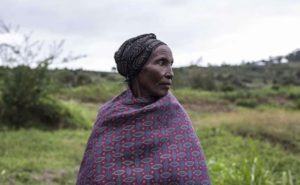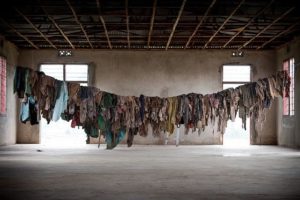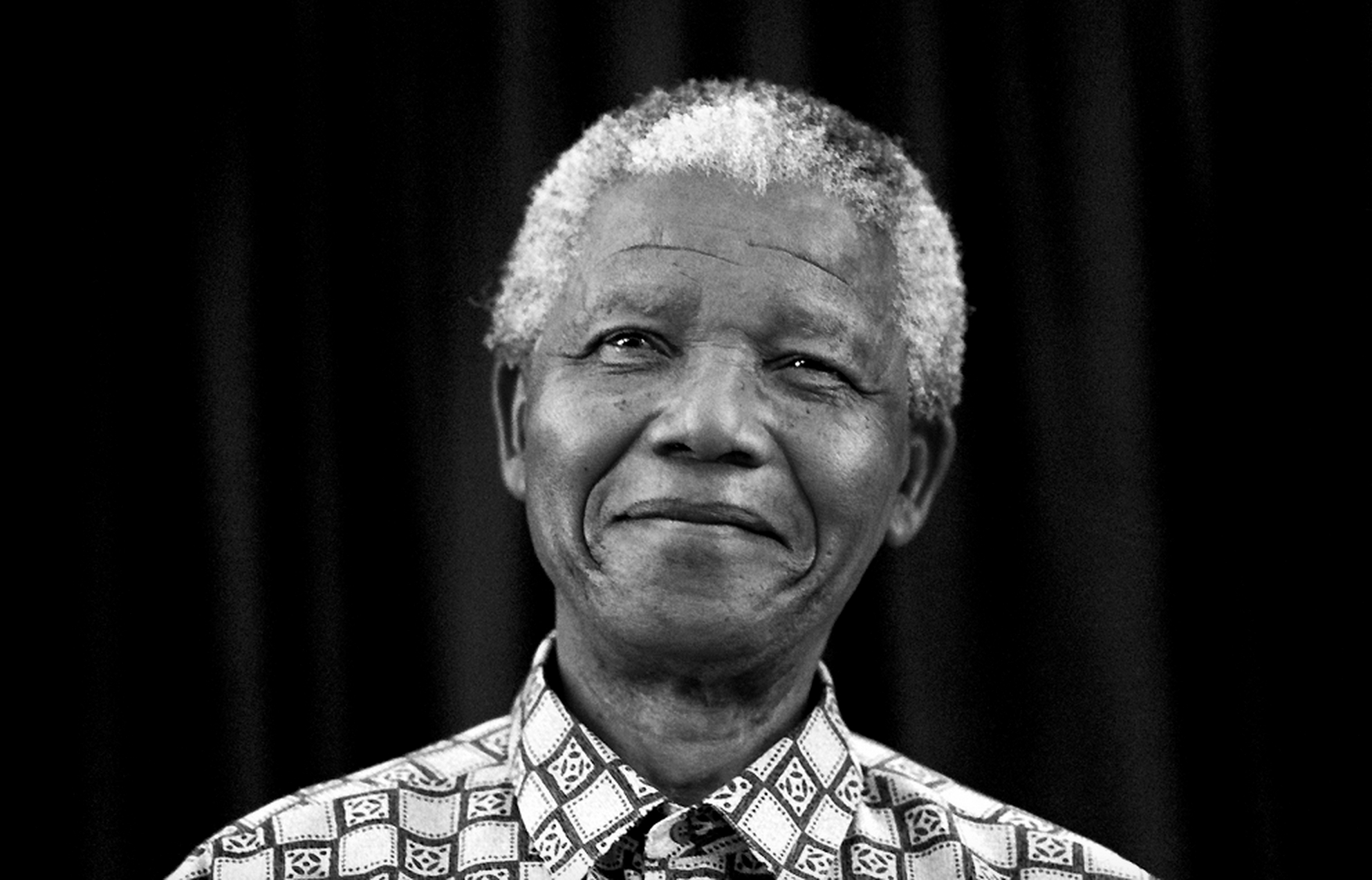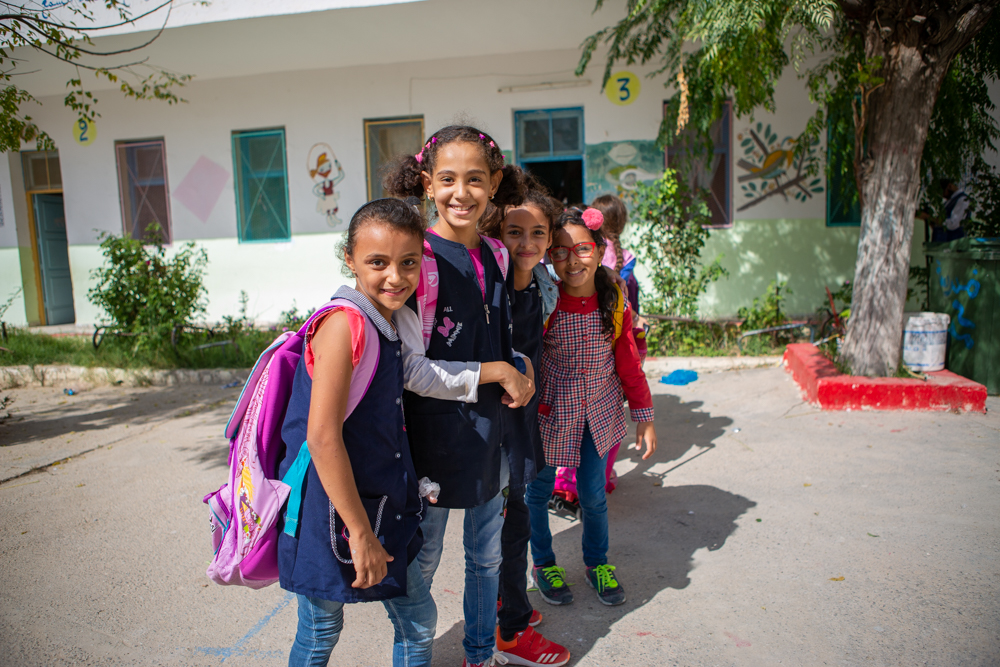Remembering Rwanda
Mu’adh ibn Jabal reported: The Messenger of Allah, peace and blessings be upon him, said:
وَاتَّقِ دَعْوَةَ الْمَظْلُومِ فَإِنَّهُ لَيْسَ بَيْنَهَا وَبَيْنَ اللَّهِ حِجَابٌ
“Beware of the supplication of the oppressed, for there is no barrier between it and Allah.”
Sahīh al-Bukhārī 4090

The Cost of Cruelty
Kevin Van Valkenburg is now a decorated senior editor for ESPN. His coverage of golf is renowned. His social commentary regarding the recent power struggles in professional sports has been immaculate. But at 16 years old, Mr. Kevin, as I called him then, extended a small black microphone towards my hairless chin while we sat in my high school lunch cafeteria and asked, “What’s on your mind?” It was 7:00 AM, the walls were aqua blue, and all 20 or so tables were empty, save ours. “Darfur,” I responded flatly. He fixed himself and leaned in, “What made you think about that?” “There’s a genocide. People are dying,” I replied. He and another reporter were covering my high school’s illustrious football season.
For a Tuesday morning assignment, Darfur was the last word he expected. It wasn’t by happenstance. I’d thought deeply about one of the most abysmal failures of the human project before. I was about eight years old when my mother first decided to tell me about the Rwandan genocide. Her ailing heart implanted antennas in my mind when she explained what was happening. And that’s why, remembering Rwanda, and having heard about yet another campaign to crush the dignity of other human beings eight years later, all I could say was Darfur.
The Cost of Heedlessness
Ghaflah (the Arabic word for heedlessness) is the state that the heart and soul gradually descend to when repeatedly going against inherent good nature. The Quran mentions Ghaflah often; “And be not of the Ghafilun (the heedless ones),” (Al-A’raf 7:205), “And warn them of the Day of Regret, when the matter will be concluded, while now they are in a state of Ghaflah, and they do not believe” (Maryam 19:39).
Children serve as an excellent example of this. Take a child who takes a cookie against the command of his or her parents. Unless a correction alters the pattern, the child will likely go from shame, to enjoying transgression, to being entirely indifferent to it.
In the most extreme and disgusting sense with genocide, Ghaflah burrows itself deep in its host until they can no longer perceive the inherent dignity we all have as human beings. When that happens, attempting to extinguish a people from the earth becomes a matter of mechanics.
I remember my mother’s face becoming a flushed and rosy color while she was reading the accounts of survivors of the Rwandan genocide. Her shoulders almost sank through the dining room floor into the basement before she turned and said something to the effect of, “We humans. We have got to get it together.” She then went on to explain, forever planting a host of details about the tragedy in my head. I still question why she chose to speak to me about it. As I grow older, however, and see our continued inability to recognize what a stain genocide is on the human project, I know why a parent would choose to remove the veil.

Remembering Rwanda
“Nearly 1 million people participated directly, with an estimated 200,000 doing the actual killing. The murders took place in homes and offices, in schoolyards and churches, in hospitals, and on the street. Neighbors killed neighbors. Teachers killed students. Doctors killed patients. Priests helped death squads massacre their parishioners,” Kenneth Miller writes in a extended length report documenting restorative circles that took place among perpetrators.
Some may think that a genocide shouldn’t have an anniversary—that it should be pushed as far back into the recesses of society’s mind as possible.
We remember Rwanda for many reasons, but one that will always live with me is that the atrocity was carried out by everyday people, many of whom knew each other all their lives. The propaganda campaign to position the Tutsi, the minority in Rwanda, as an enemy living in the midst of the Hutu majority, was calculated. They were successfully dehumanized. On the dawn of the mass killings in early April, the term launched at the group—”cockroach”—proved dehumanizing and fatal.
Gregory H. Stanton, president of Genocide Watch, identifies the ten stages of genocide that can eclipse a people. The first he describes is classification. In simply finding a term that denigrates and otherizes, it tremendously sets the stage for the following nine:
- Symbolization
- Discrimination
- Dehumanization
- Organization
- Polarization
- Preparation
- Persecution
- Extermination
- Denial
Today, we can find many examples occurring within our lifetime that fit on this spectrum. And, if we are not exposed to reminders like the Rwandan genocide, we can expect repetition. The survivors living among us are carrying a weight they’ll live with forever. It should be our deepest responsibility to ensure that no human is burdened with the heaviness of surviving genocide, or devastated by perishing to it. If we are unable to remember Rwanda on this day, and the other markers in human history that hoist a dark cloud over us, our deepest threat is that we are able to look away.
Narrated Anas bin Malik (R.A):
Allah’s Apostle (PBUH) said, “Help your brother, whether he is an oppressor or he is an oppressed one.”
Volume 3, Book 43, Number 623: Sahih al-Bukhari
April 7 is the International Day of Reflection on the 1994 Genocide against the Tutsi in Rwanda.


